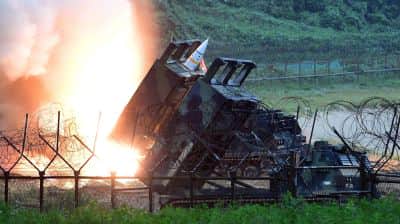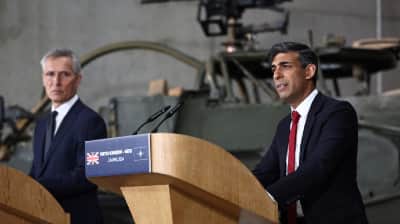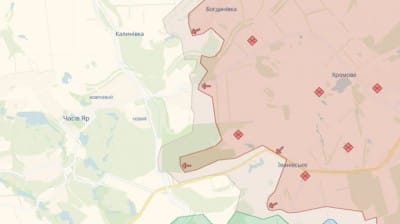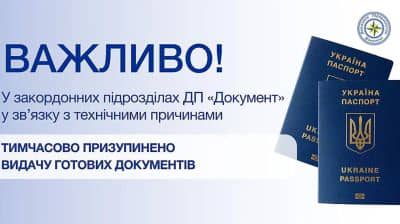"Pure cannon fodder": BBC on deaths of recently conscripted Russians
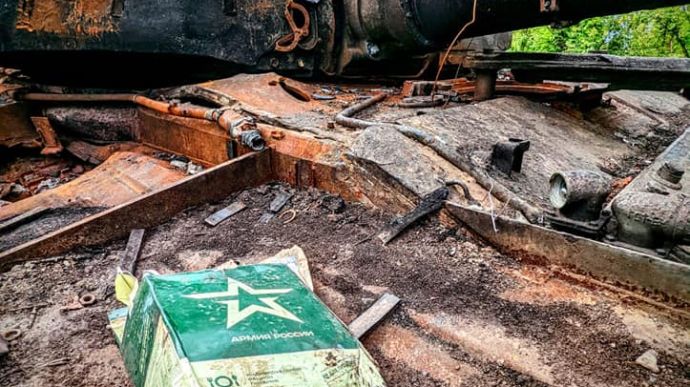
KATERYNA TYSHCHENKO – THURSDAY, 13 OCTOBER 2022, 20:14
Russia has acknowledged the deaths of several of its conscripts in Ukraine. Russian media reports that these soldiers have been sent to the front without training.
Source: BBC News Russian, citing relatives and close friends of the dead soldiers
Details: BBC journalists identified three out of five soldiers [whose deaths were reported by the Chelyabinsk Oblast military commissariat on Thursday, 13 October]: Anton Borisov, Igor Yevseev and Timur Akhmetshin.
They were conscripted by the Korkino military commissariat [in Chelyabinsk Oblast, Russia] between 26 and 29 September. A total of almost 1,000 people were conscripted around that time, the relatives of the deceased said.
On 3 October, the men found themselves near Luhansk. From there, they were transferred to Kherson Oblast. By 9 October, their relatives received the first death notifications.
An acquaintance of one of the soldiers shared a recording of their phone call in which one conscript from Chelyabinsk Oblast, currently hospitalised in Sevastopol (Crimea), explains the circumstances of the death of the five men to another recently conscripted soldier who is preparing to depart for the front.
Quote: "The first day we arrived [at the front], without having ever used a gun, we were deployed in an assault group with only two grenade launchers – we were pure cannon fodder. I had to read a manual on how to use [the grenade launchers]. On the third day, we retreated, spent the night, then advanced and took positions in the trenches.
[The Ukrainians] had taken up their positions some 200 metres away from us and began to storm us. Drones were dropping [grenades?] on us, one after the other. I was [injured]. We were shooting at them for another hour, but they were already only 50 metres away. We had no cover, the armoured vehicle that was covering us burned down, the tank burned down. During a quieter moment, I ran, corpses all around me. I heard a mortar-launched bomb fly by. I don’t know how I got out of there."
More details: The narrator of these events said that Timur Akhmetshin had taken up a position 1.5 kilometres away from his own; that area "was razed to the ground": "He was carried on stretchers, he was 200 [dead - ed.]."
"What the soldiers say about their commanders cannot be quoted; they say that they had never even been to a firing range and that they had to use bayonets to dig their trenches on the front," the BBC wrote.
In another conversation recording obtained by the BBC, another conscript from the Korkino district discussed the circumstances of Akhmetshin’s death.
"On the morning of the seventh we went on the offensive. We were warned that we would be shelled by artillery. We fell to the ground at seven in the morning, and stayed there until 10 or 11. He [Akhmetshin] crawled to me [and said]: ‘Ilyukha, hold on, everything’s fine, we’ll go back, drink vodka together.’ I told him: ‘No s**t, we’ll definitely drink up’...We were told to retreat, everyone got confused. Who’s going where, with whom. There was a lot of activity, a real meat grinder. That afternoon, the guys said that our Timur [had been killed]," he recounted.
Since the announcement of partial mobilisation, the Russian government has repeatedly stated that only persons with military experience would be conscripted and that they would undergo training and coordination exercises [before being deployed]. Following this logic, the first conscripts would not be deployed until a month or two after the announcement of the mobilisation campaign. In reality, however, the first conscripts ended up on the front in Ukraine only a few days after the announcement of mobilisation; many had since died there, the BBC News Russian wrote.
Previously: At least five conscripts from Russia’s Chelyabinsk Oblast are confirmed to have died in the war in Ukraine.
Background:
- On 21 September, Russian President Vladimir Putin announced the partial mobilisation of Russian citizens. Many Russians have fled the country since the announcement: about 700,000 people are said to have left Russia in the first two weeks since the announcement of partial mobilisation.
- British Intelligence said that Russia might face an "organisational and logistical difficulty" to provide training for the troops; many of the drafted troops would deploy to the front with minimal relevant preparation.
- In response to the announcement of partial mobilisation in the Russian Federation, Valerii Zaluzhnyi, the Commander-In-Chief of the Armed Forces of Ukraine, said that the Armed Forces of Ukraine would kill all enemies, no matter how many of them there were.
- On 28 September, the first groups of conscripted reservists started to arrive at the front in Ukraine.
Journalists fight on their own frontline. Support Ukrainska Pravda or become our patron!
